She was the most unhappy, most angry, and most sad dying person I ever worked with as a hospice chaplain.
She thought she had done everything to prevent cancer. She was a “fitness nut.” She meditated. She did yoga. She read books on spiritual and self-help topics. She ate the healthiest of diets. She got cancer anyway.
Once diagnosed, she turned to alternative medicine to save her life. She had heard so much about those miracle cures and she wanted that, too. She doubled down on her lifestyle she had adopted to prevent the cancer in the first place.
She never got to acceptance. In my view, her biggest mistake was believing she could “prevent” cancer rather than just “reduce the risk.” Even nonsmokers can get lung cancer.
Reducing Risk vs. Preventing
I thought of this patient as I was rereading an article I had found helpful about reducing the risk of dementia. I was surprised how it was titled — “The SHIELD Plan to Prevent Dementia.” (I referenced this “plan” in a previous blog about Alzheimer’s.) As with cancer, you can’t totally prevent getting Alzheimer’s. But you can reduce the risk.
Below is Dr. Oz’s spin on the research of Dr. Rudolph Tanzi (I would drop the word “prevent” and call it The SHIELD Plan to Reduce the Risk of Alzheimer’s):
Sleep — Aim for at least eight hours of sleep each night.
Handle Stress — Tanzi recommends a short, one-minute meditation practice.
Interact With Others — Loneliness can lead to additional stress. Talking with friends and family members requires the brain to pay attention and builds new neural pathways.
Exercise — Walk at least three times a week for 30-45 minutes.
Learn New Things — “Leaning new skills can build new nerve connections that maintain optimal brain health. Try adopting a new hobby, learning a new language, or playing a new musical instrument.”
Diet — Drs. Oz and Tanzi recommend The Mediterranean diet. “On the diet, you’ll eat more fruits and vegetables, nuts and olive oil and then cut back on red meat consumption.”
There you have it.

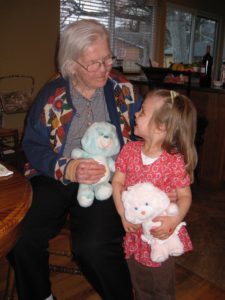
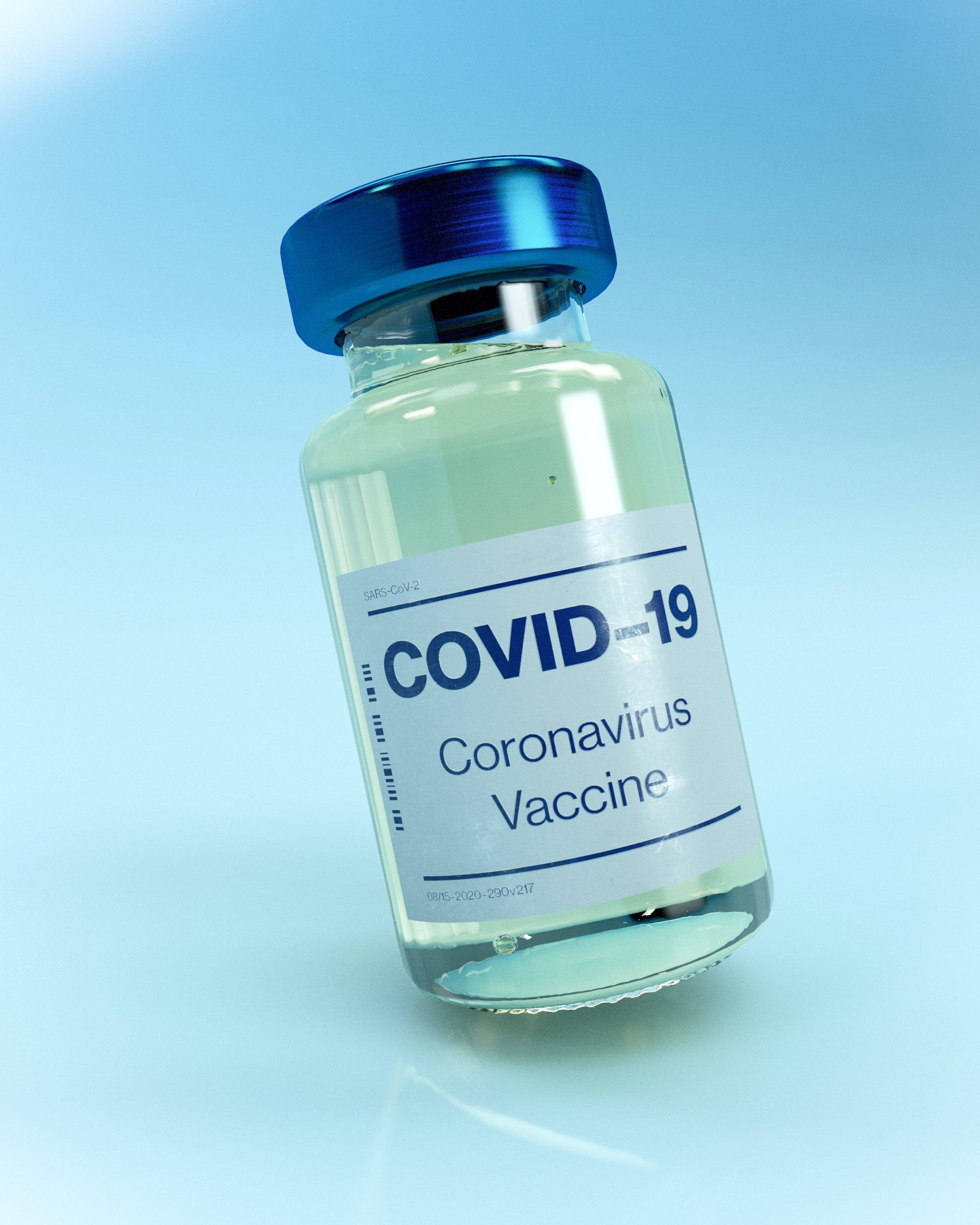
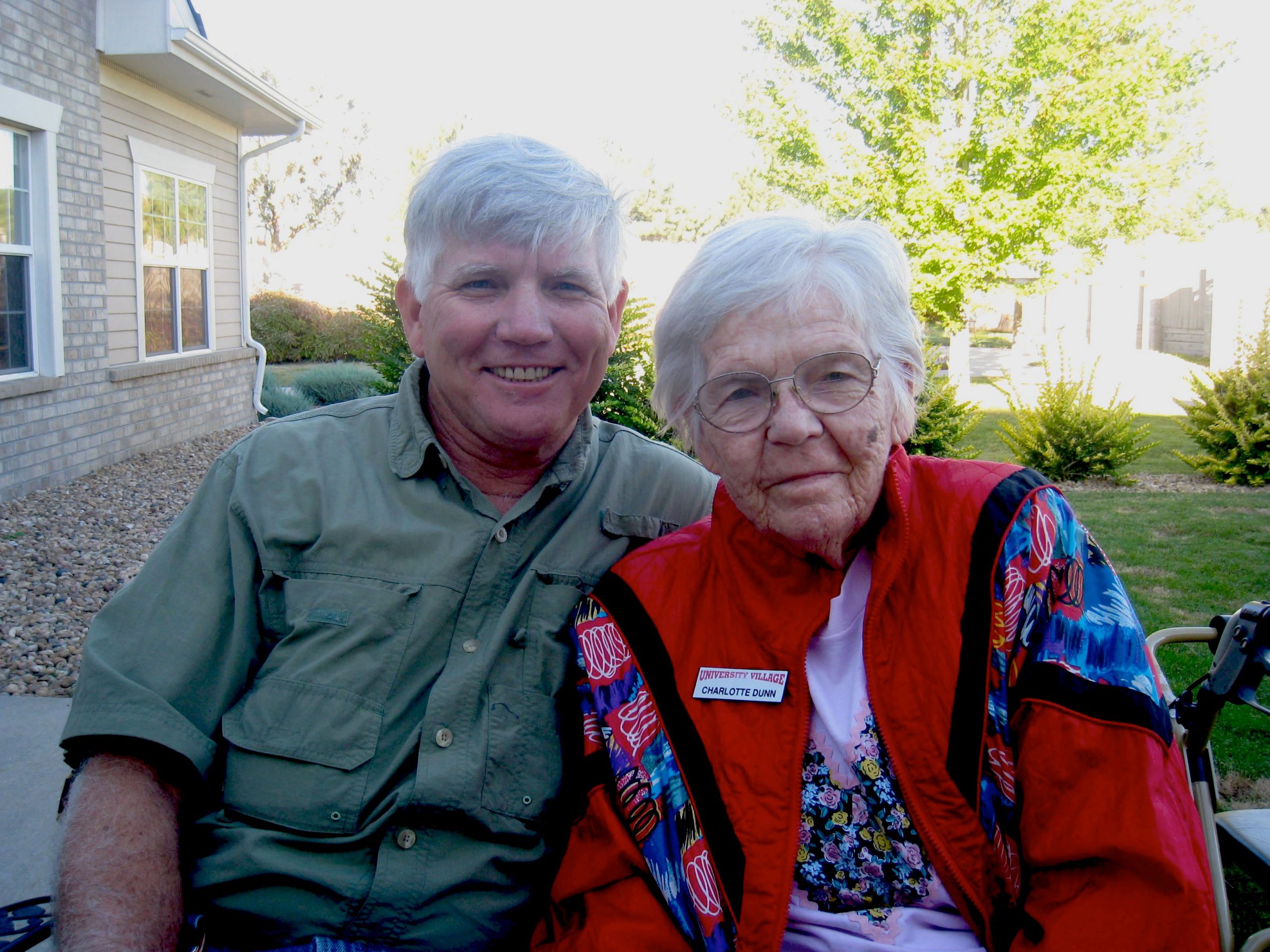
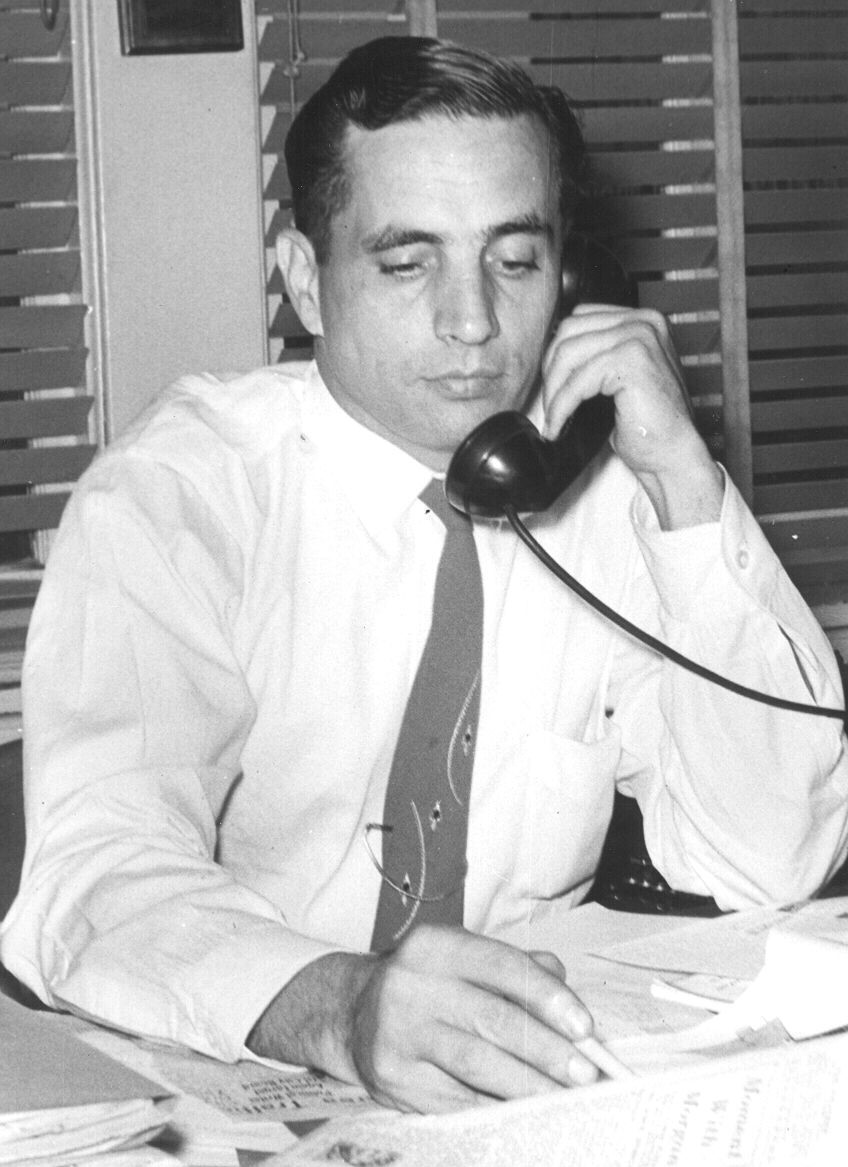
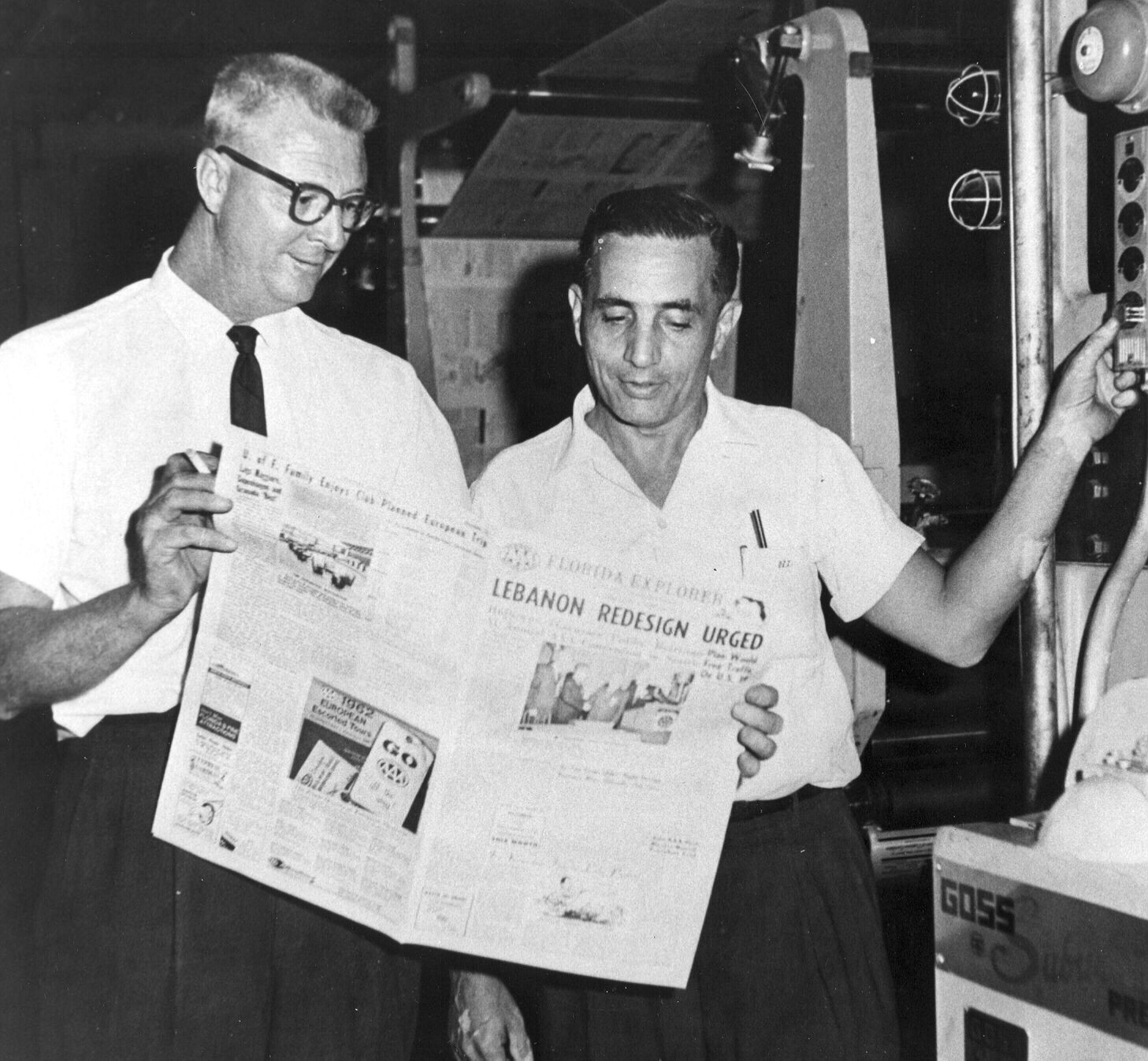
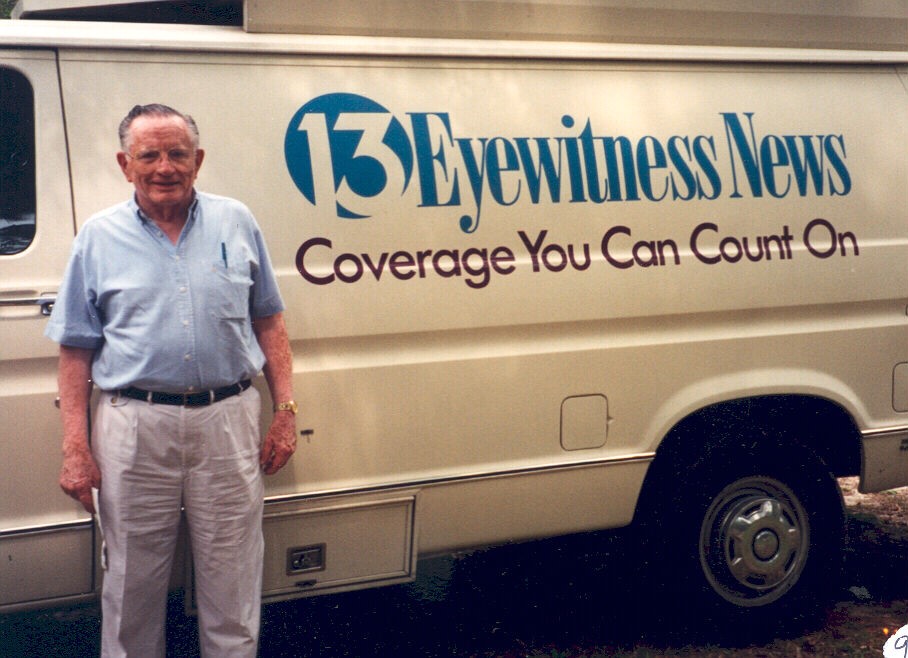
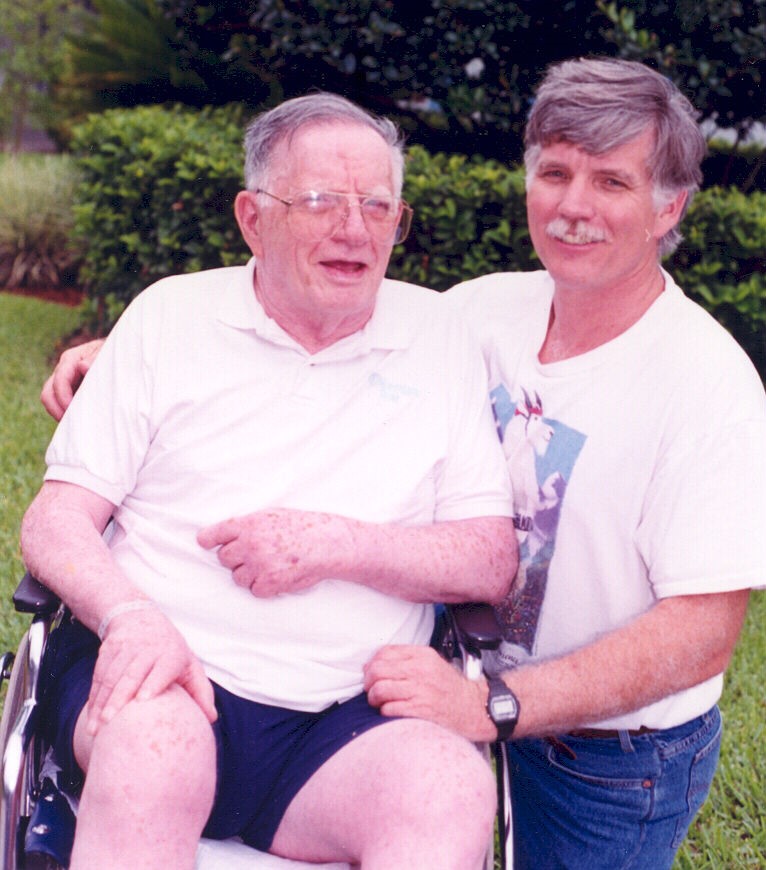
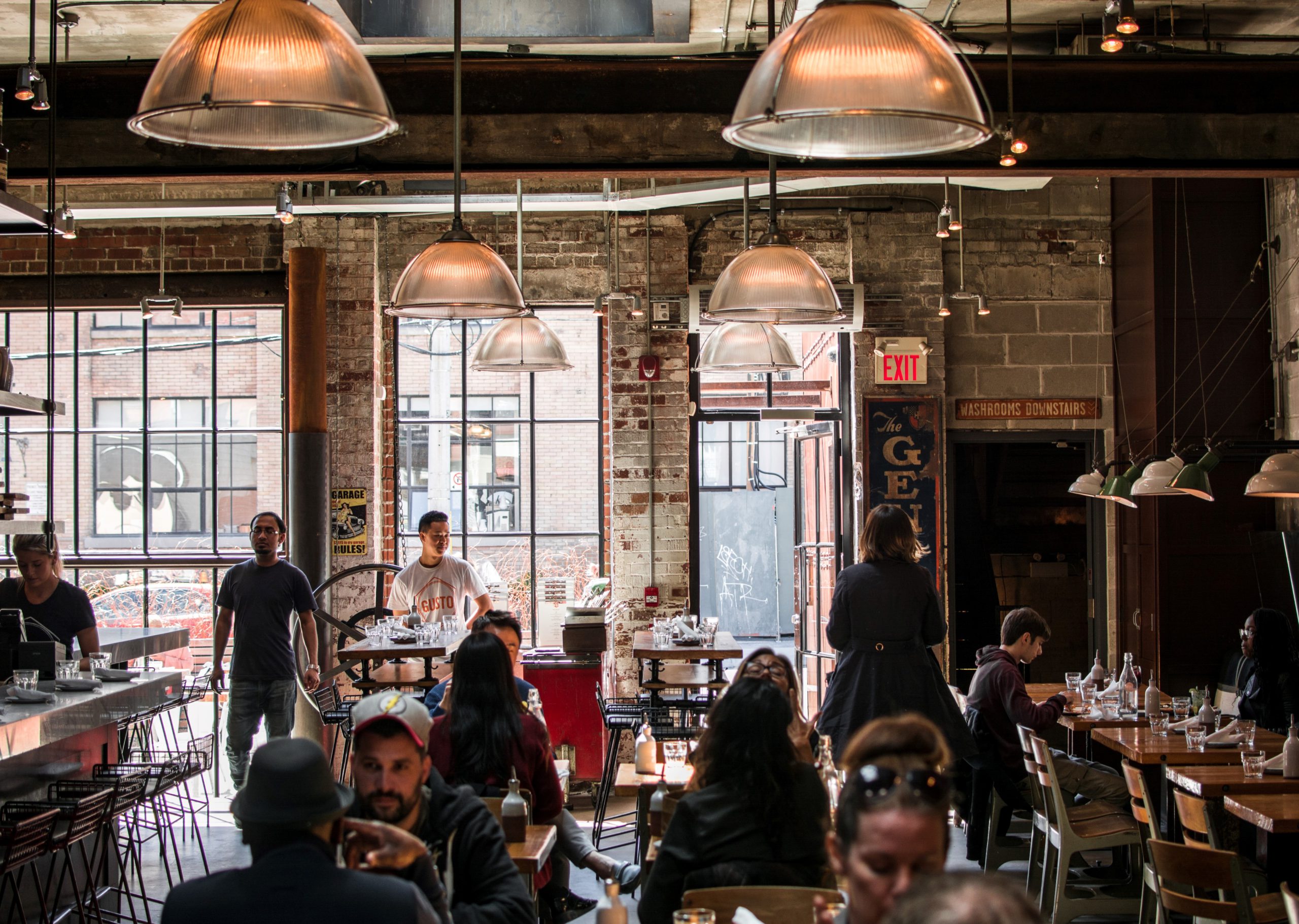
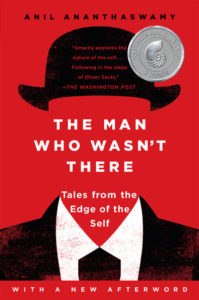 “Consider the phrases used [in the vast medical literature] to describe Alzheimer’s impact: ‘a steady erosion of selfhood,’ ‘unbecoming’ a self, ‘drifting towards the threshold of unbeing,’ and even ‘the complete loss of self.’” I got that sentence from a new book by Anil Ananthaswamy,
“Consider the phrases used [in the vast medical literature] to describe Alzheimer’s impact: ‘a steady erosion of selfhood,’ ‘unbecoming’ a self, ‘drifting towards the threshold of unbeing,’ and even ‘the complete loss of self.’” I got that sentence from a new book by Anil Ananthaswamy, 